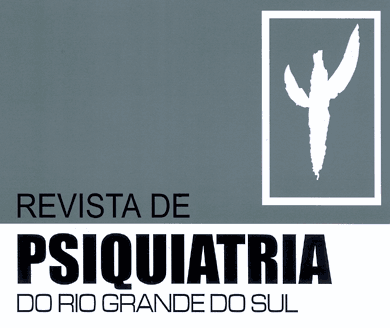This review intends to compile the current literature about an OCD subtype, initially identified in 1998 by Swedo et al ³, and proposed as a model for the immunologic hypothesis of OCD. Denominated PANDAS (Pediatric Auto-imune Neuropsychiatric Disorder Associated with Streptoccocal Infecctions), it's distinguished by atypical OCD symptoms in children with recent history of streptoccocal infection. The five main criteria for diagnosis are: 1) presence of OCD or a tic disorder or both, 2) pediatric onset, with symptoms beginning between the age of 3 years and puberty, 3) episodic course characterized by the abrupt onset of symptoms or by dramatic symptom exacerbations, 4) temporal association between symptom exacerbation and streptoccocal infection, and 5) association with neurological abnormalities during symptom exacerbations. Based in the already known model of Sydenham's chorea, the proposed phisiopathology of the disease consists in a cross-react immune response against the host's tissue, specially basal ganglia. It is also discussed the genetic inheritance in susceptible individuals, as well as laboratory and neuroimaging findings. The treatment emphasize the importance of other alternatives, besides pharmacotherapy that could change the auto-immune reaction, considered responsible for the disease's evolution. On the possibility of preventing a neuropsychiatric disorder by treating a streptococcal infection (environmental variable) remains the importance of this model to psychiatrists and general practitioners.
PANDAS; Sydenham's chorea; OCD; poststreptococcal neurologic disorder

